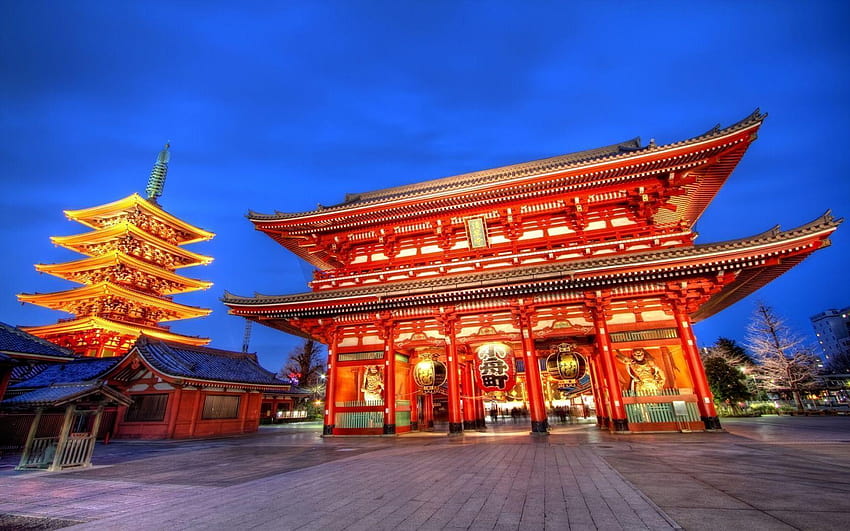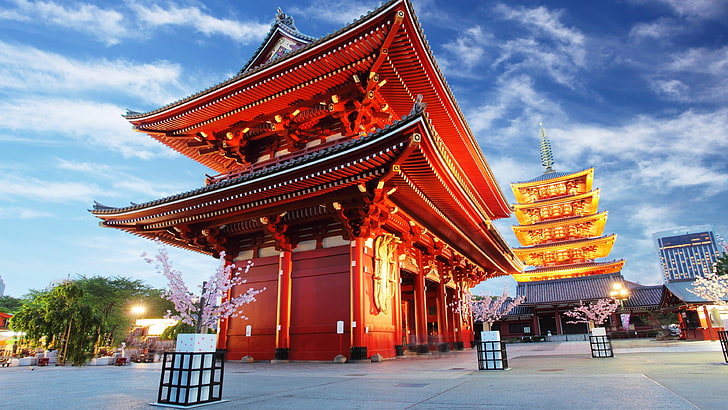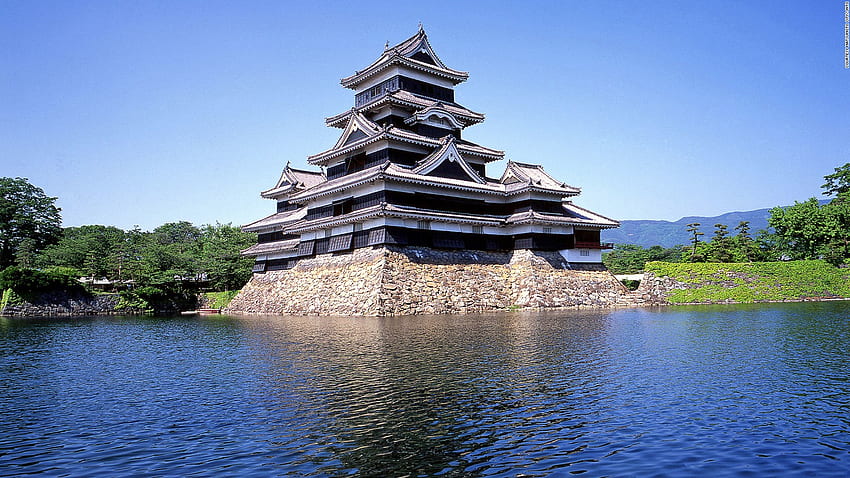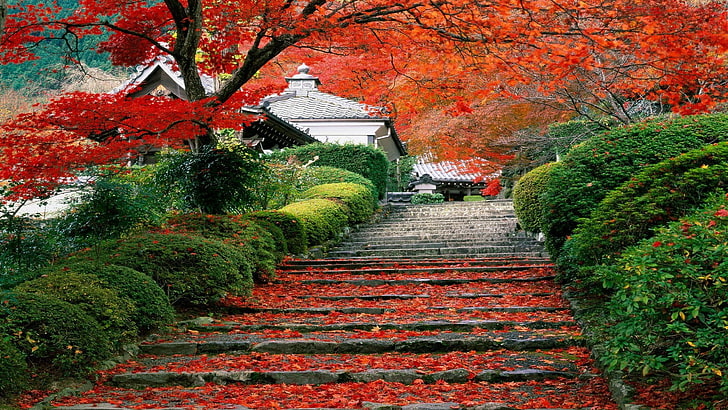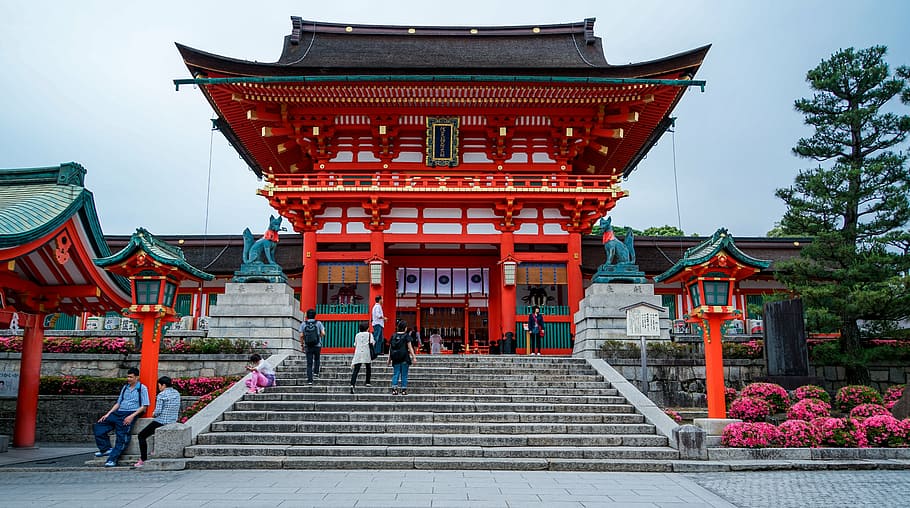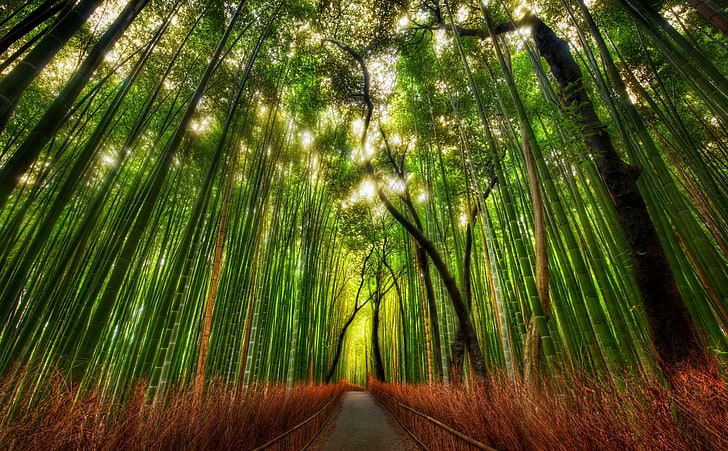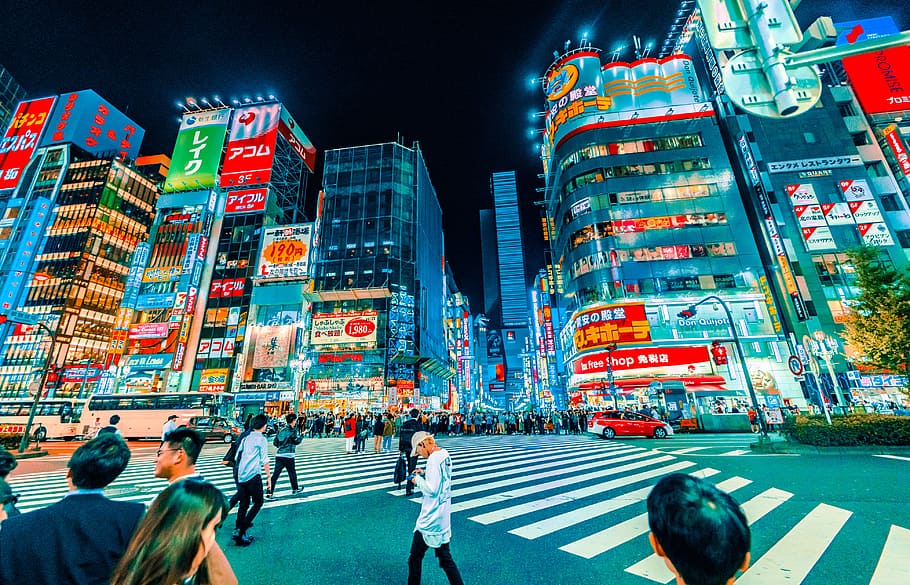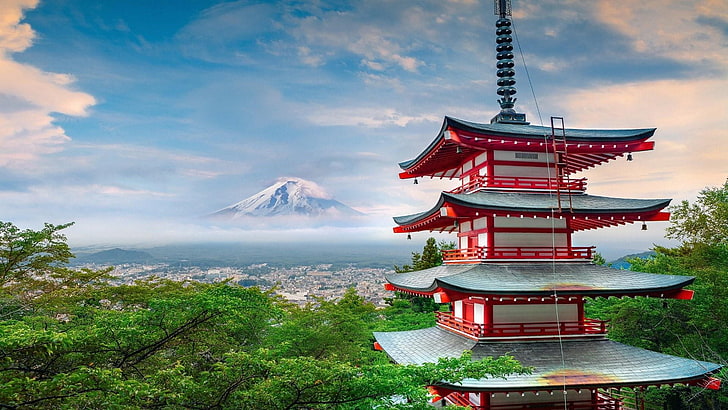
EXPLORE JAPAN
AND LEARN JAPANESE
A site for everything about Japan
JLPT - LEVELS
N1 - N5 Levels
The JLPT has five levels: N1, N2, N3, N4 and N5. The easiest level is N5 and the most difficult level is N1.

N4 and N5 measure the level of understanding of basic Japanese mainly learned in class. N1and N2 measure the level of understanding of Japanese used in a broad range of scenes in actual everyday life. N3 is a bridging level between N1/N2 and N4/N5.
Linguistic competence required for the JLPT is expressed in terms of language activities, such as Reading and Listening, as shown in the table below. While not noted in the table, Language Knowledge, such as Vocabulary and Grammar, is also required for successful execution of these activities.

JLPT - N3
The Bridge
N3 is the intermediate level of the Japanese Language Proficiency Test and is described as the ability to understand Japanese used in everyday situations to a certain degree.
JLPT-N3 PDF📄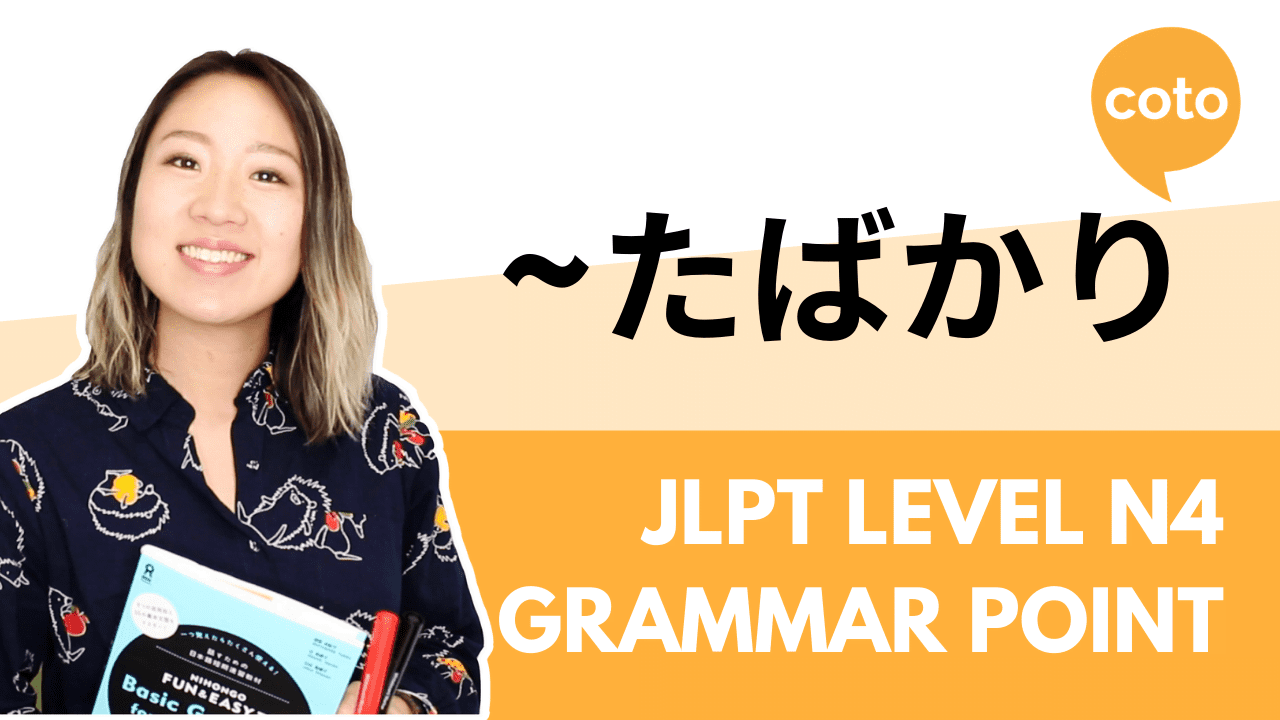
JLPT - N4
The Basics
N4 is the second level of the Japanese Language Proficiency Test (JLPT). To pass the JLPT N4, you need to be able to read 300 kanji and know about 1,500 vocabulary words.
JLPT-N4 PDF📄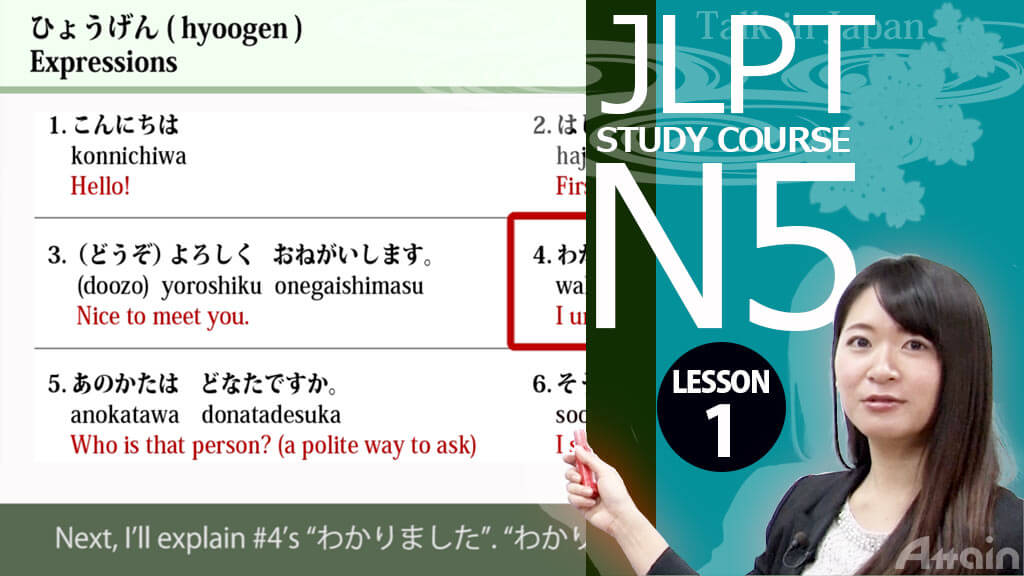
JLPT - N5
The Basics
N5 is the most basic level of the JLPT and just requires you to understand some basic Japanese like hiragana, katakana, and basic kanji as well as from spoken conversations.
JLPT-N5 PDF📄AREAS
Japan is officially divided into the following eight regions:
Regions of Japan- Hokkaido
- Tohoku
- Kanto
- Chubu
- Kinki/Kansai
- Chugoku
- Shikoku
- Kyushu (incl. Okinawa)

Explore
PLACES
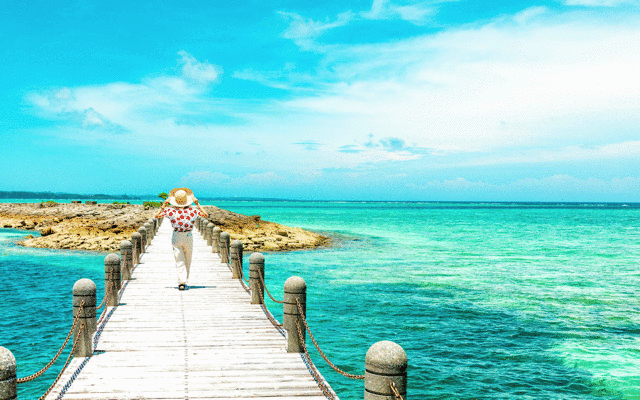
OKINAWA (沖縄)
Okinawa's climate is subtropical, with temperatures barely falling below 15 degrees in winter. The seas surrounding Okinawa's islands offer beautiful coral reefs and abundant marine wildlife.
Read More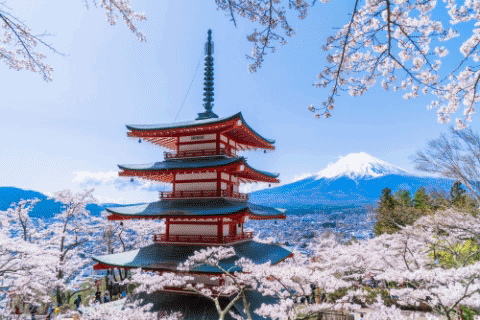
KYOTO (京都)
Kyoto (京都) served as Japan's capital and the emperor's residence from 794 until 1868. It is one of the country's ten largest cities with a population of 1.5 million people and a modern face.
Read More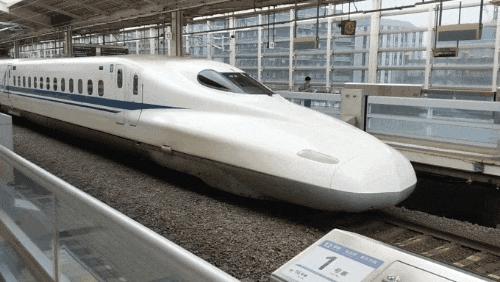
BULLET TRAIN (新幹線)
Shinkansen (新幹線) in Japanese means 'new trunk line' or 'new main line', but this word is used to describe both the railway lines the trains run on. The trains are also known as the bullet train.
Read MoreTRAVEL
🇯🇵 Japan is calling you...
Spread across 7000 islands and dotted with megacities, mountain ranges, and mighty national parks, Japan can appear a little intimidating to explore at first glance. But look a little closer, and you’ll find this Asian powerhouse is a delight to travel around, whether by train, ferry or using a hired set of wheels, The ten biggest cities in Japan are Tokyo, Yokohama, Osaka, Nagoya, Sapporo, Fukuoka, Kawasaki, Kobe, Kyoto and Saitama. Here we profile each of them.
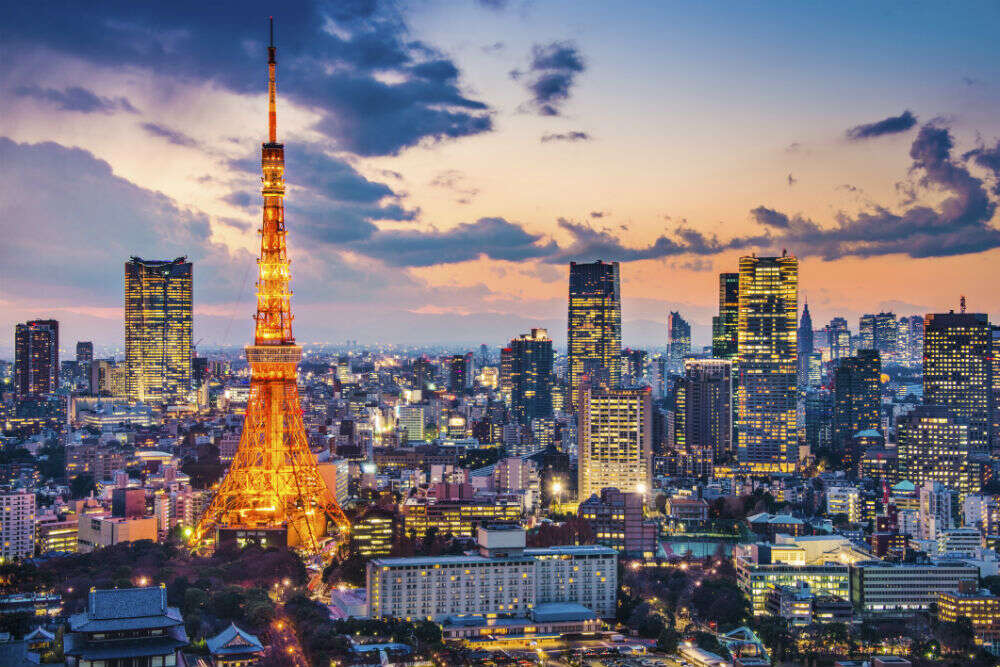
TOKYO
Tokyo (東京) is Japan's capital and the world's most populous metropolis. It is also one of Japan's 47 prefectures, consisting of 23 central city wards, multiple cities.
LEARN MORE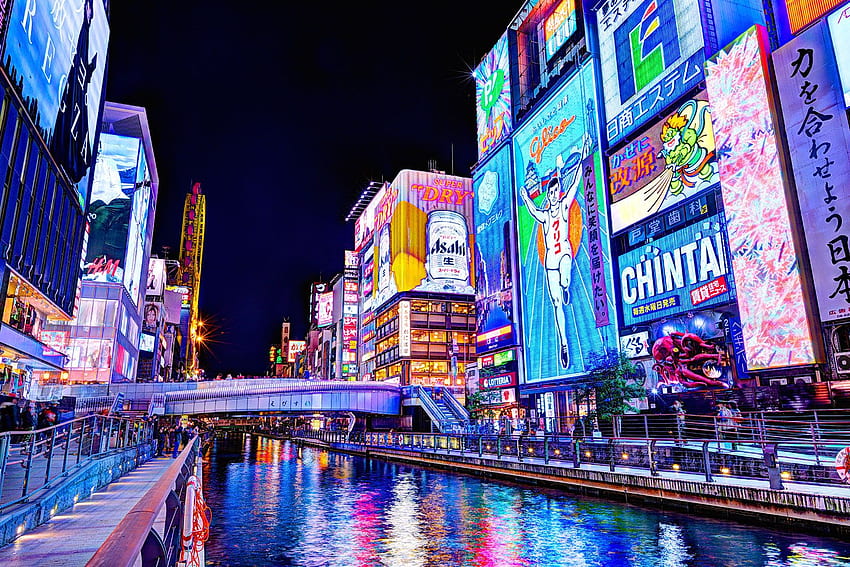
OSAKA
Osaka (大阪) is Japan's second largest metropolitan area after Tokyo. It has been the economic powerhouse of the Kansai Region for many centuries.
LEARN MORE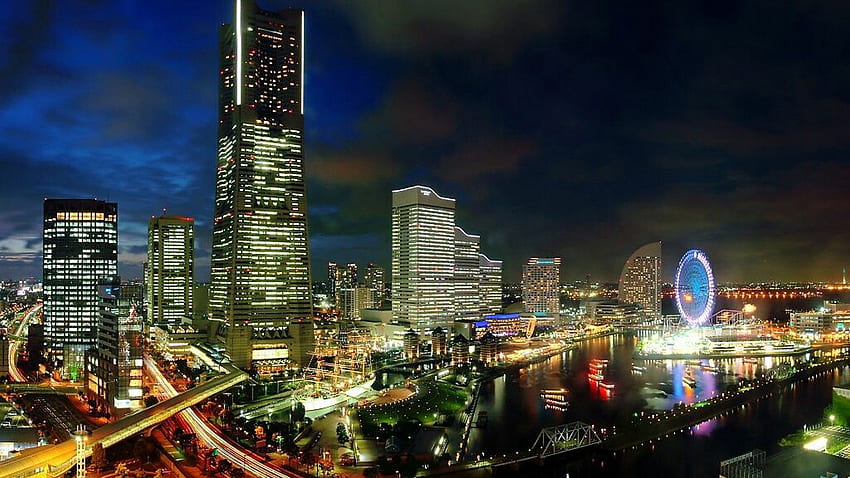
YOKOHAMA
Yokohama (横浜市) is the capital of Kanagawa Prefecture, Japan's largest city after Tokyo, located in the Kantō region of the main island of Honshū.
LEARN MORE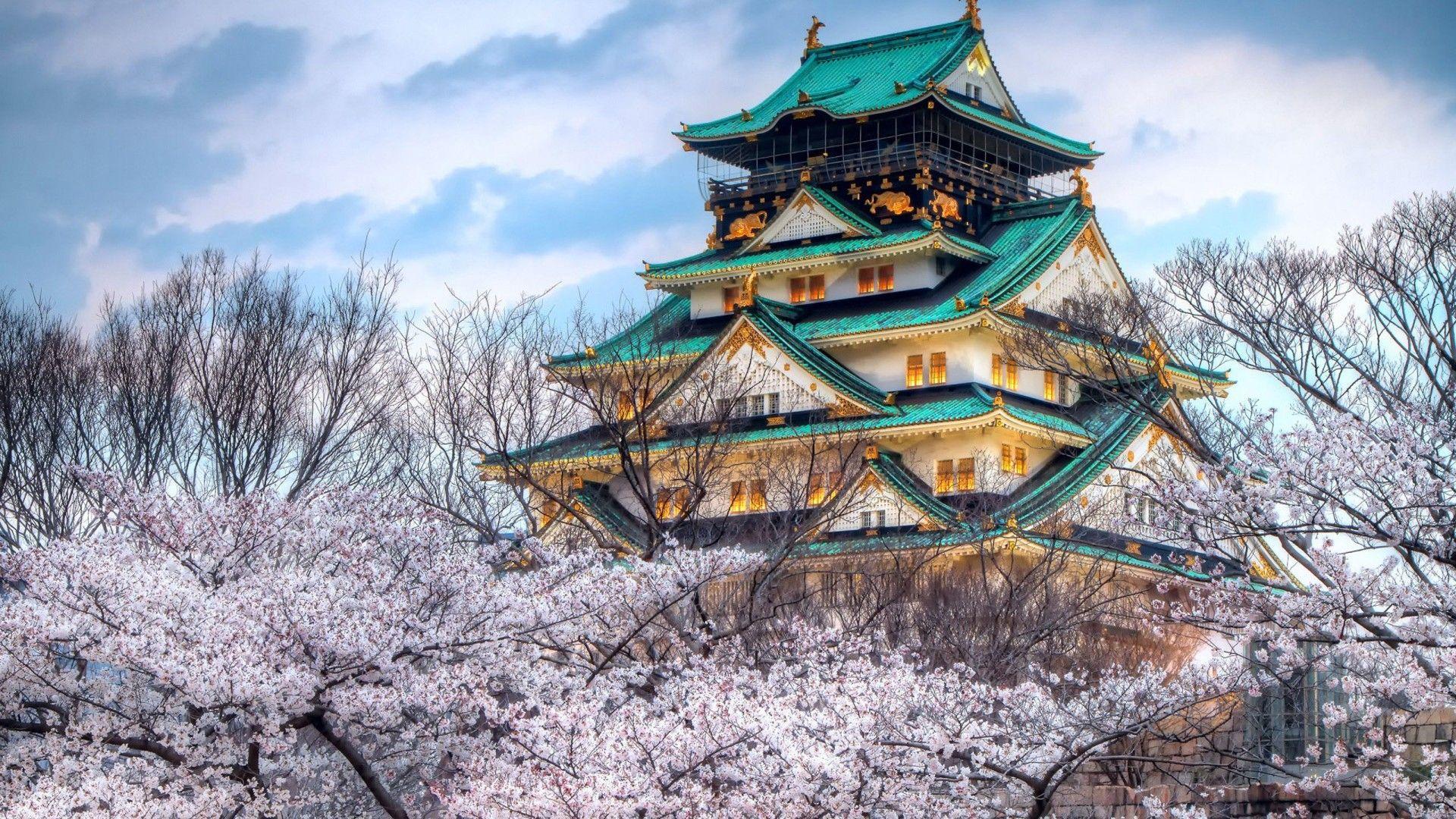
NAGOYA
Nagoya (名古屋) is Japan's fourth most populated city after Tokyo, Yokohama and Osaka. It is the capital of Aichi Prefecture and the principal city of the Nobi plain, one of Honshu's three large plains and metropolitan and centers.
LEARN MORE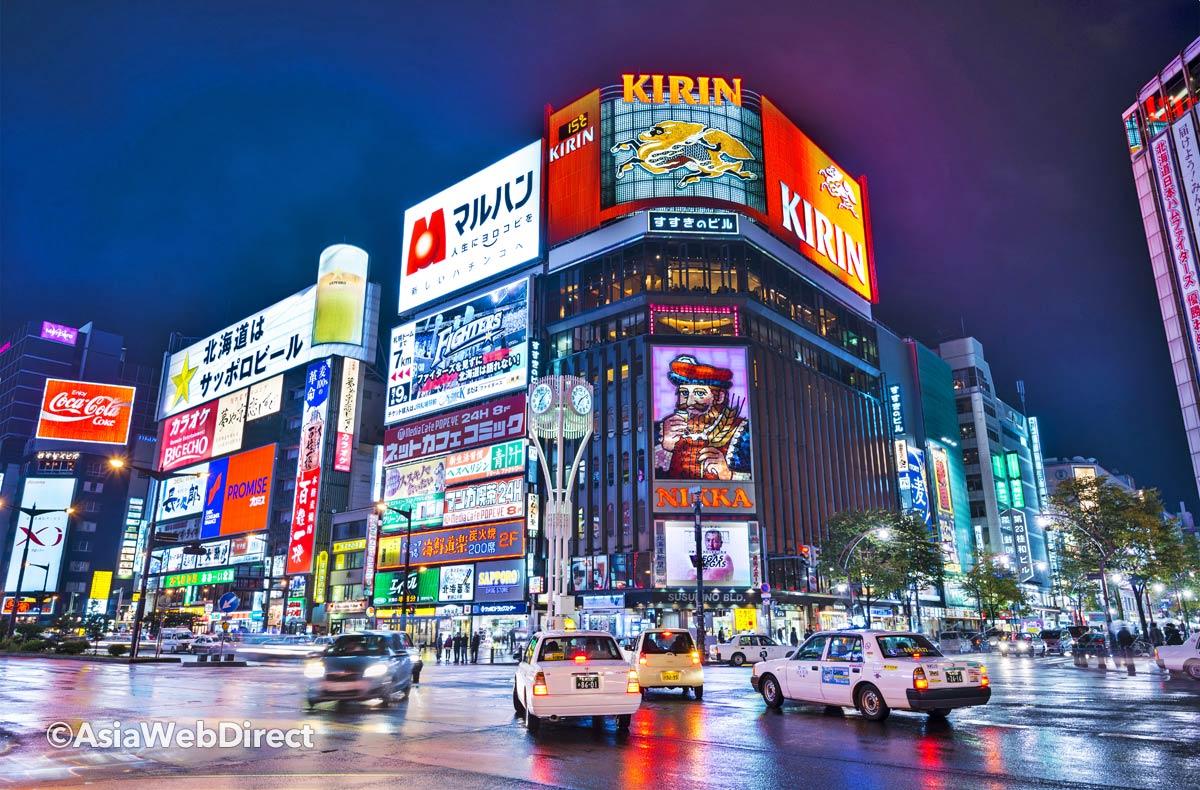
SAPPORO
Sapporo (札幌) is the capital of Hokkaido and Japan's fifth largest city. Sapporo is also one of the nation's youngest major cities. Sapporo became world famous in 1972 when the Olympic Winter Games were held there.
LEARN MORE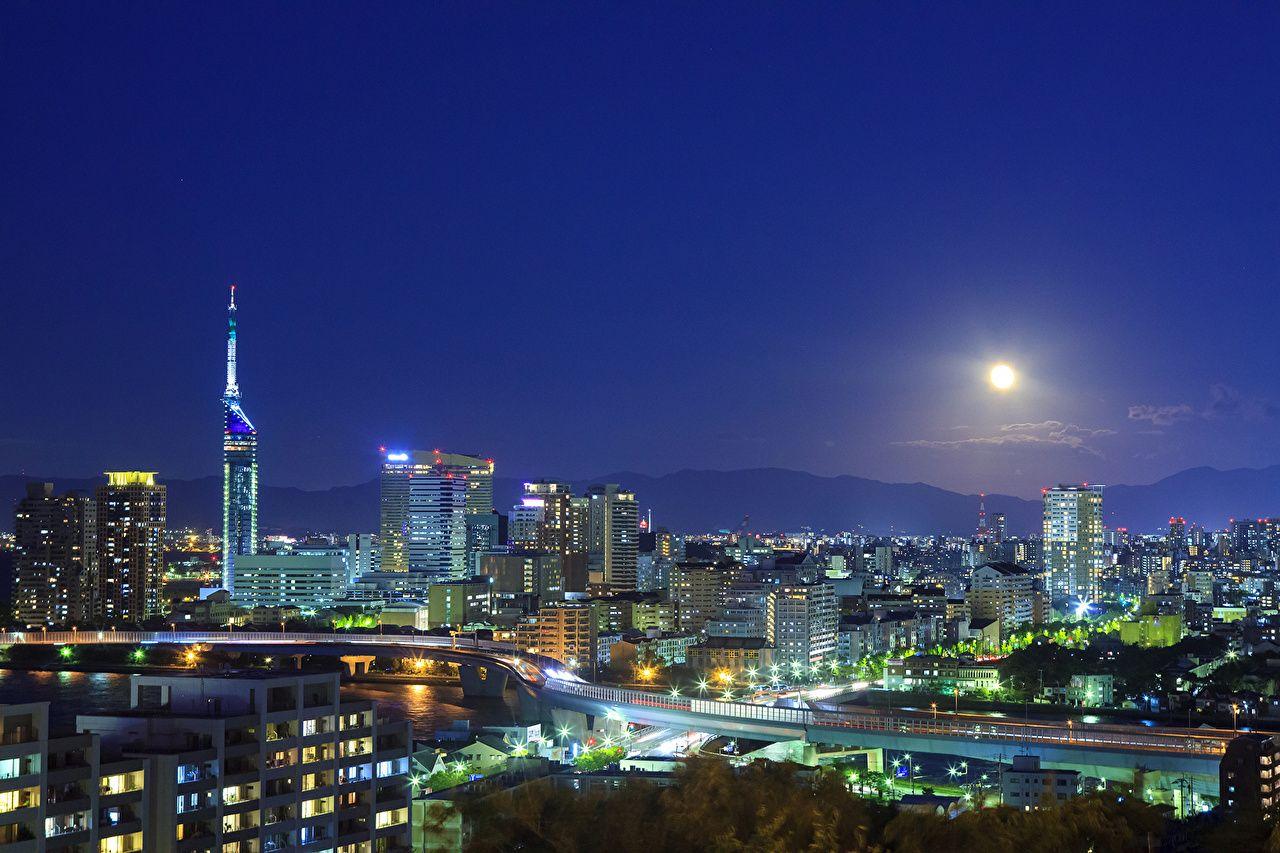
FUKUOKA
Fukuoka (福岡) is Kyushu's largest and one of Japan's ten most populated cities. Fukuoka has been an important harbor city for centuries and was chosen by the Mongol invasion forces as their landing point in the 13th century.
LEARN MORECONTACT
Please feel free to contact us !
Request in Japanese or English will be responded quicker.
